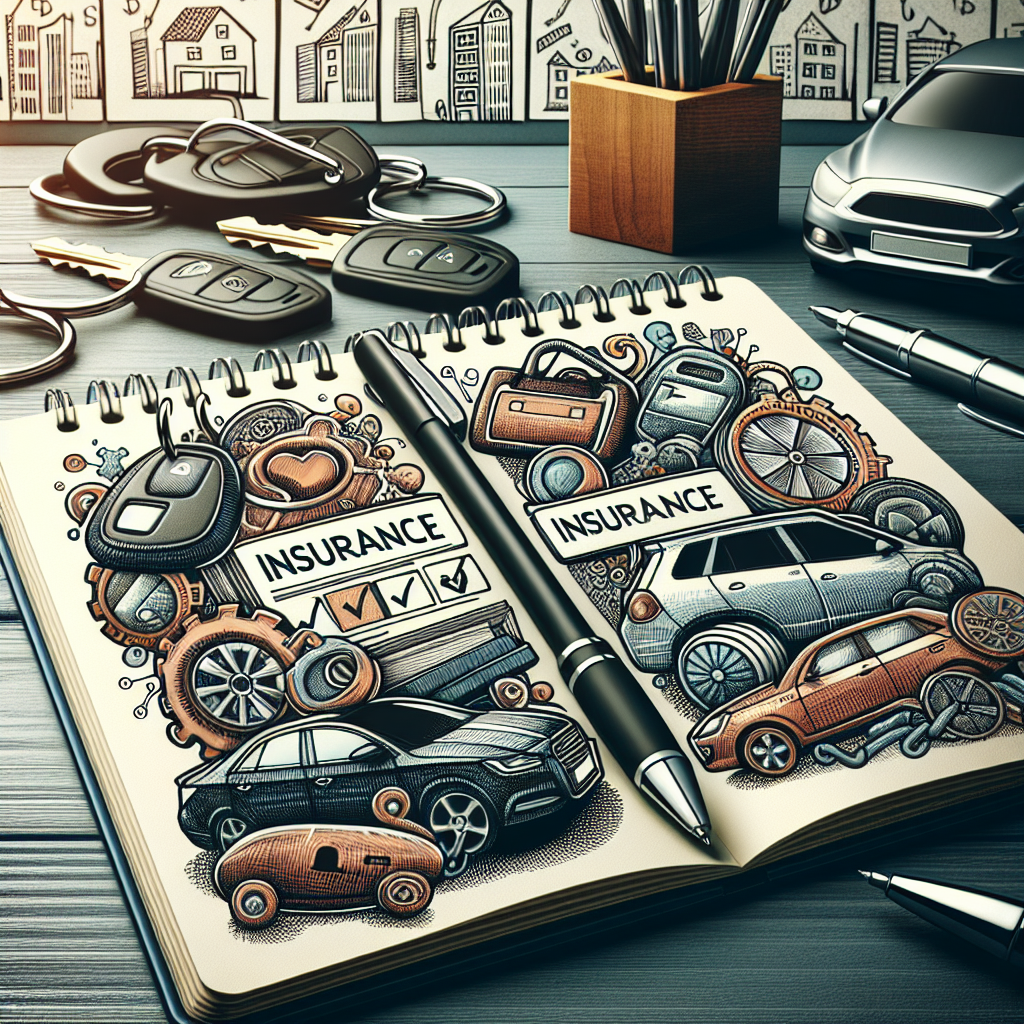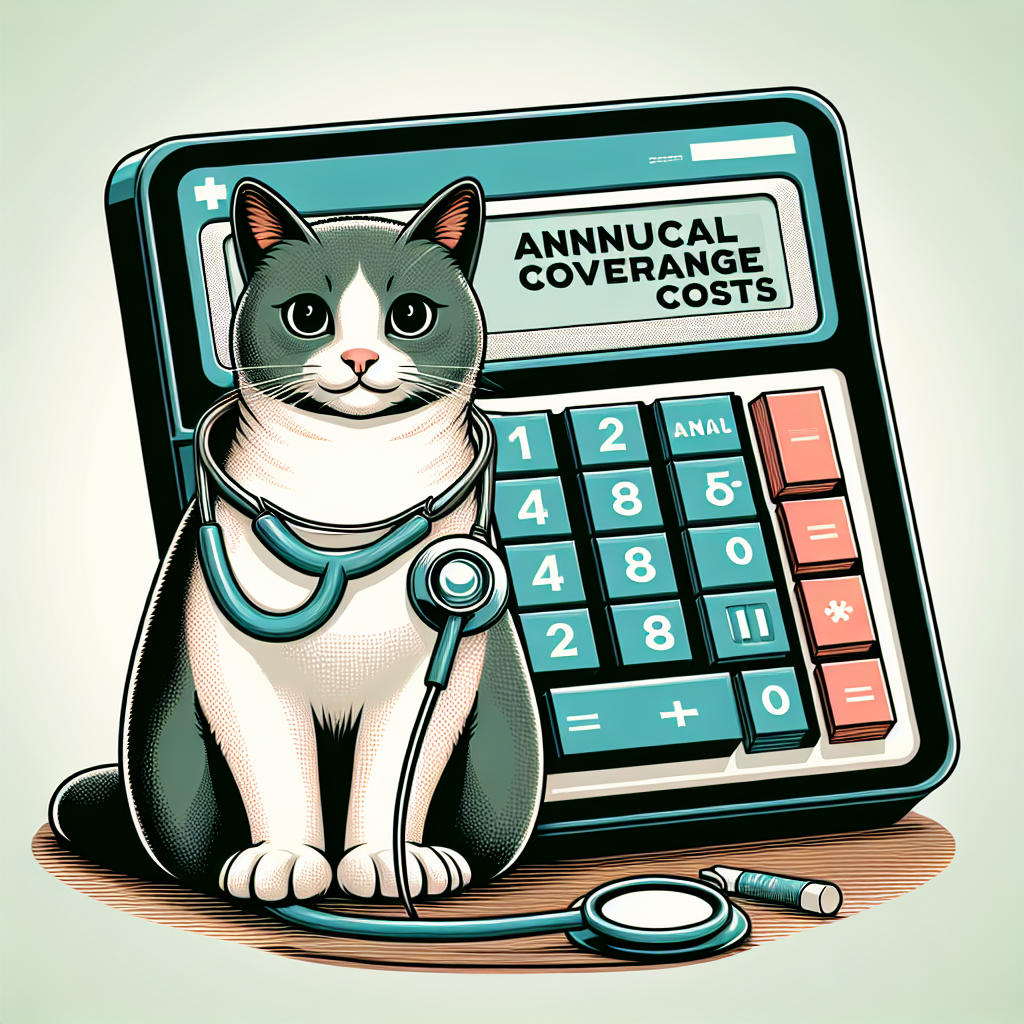Filed under Auto Insurance on
Auto Dealer Insurance Requirements: Complete Guide

Running a dealership is more than selling cars and closing deals. Every vehicle you move, every customer who visits your lot, and every employee who handles test drives creates risk. That’s why understanding auto dealer insurance requirements isn’t just a box to check—it’s a core part of protecting your business, profits, and reputation.
This complete guide breaks down what coverage you need, why you need it, and how to make smart decisions that keep your dealership compliant and financially secure.
Why Auto Dealer Insurance Requirements Matter
Whether you sell new, used, or both, your operation sits at the intersection of high-value inventory, constant vehicle movement, and daily customer interactions. A single accident or lawsuit can wipe out years of hard work if you’re not properly covered.
There are three main reasons auto dealer insurance requirements should be a priority:
- Legal compliance: Most states require specific policies—especially garage liability and surety bonds—before issuing or renewing a dealer license.
- Financial protection: Inventory, buildings, data, and people all represent significant investment. Insurance protects these assets against accidents, theft, and lawsuits.
- Operational stability: Adequate coverage keeps your doors open after a loss, whether it’s a fire, a severe storm, or a major claim from a test drive gone wrong.
Understanding the full spectrum of auto dealer insurance requirements ensures you don’t overpay for redundant coverage—or underinsure critical exposures that could put your business at risk.
Who Needs Auto Dealer Insurance?
If you’re engaged in buying, selling, consigning, or servicing vehicles as a business, you likely fall under regulatory definitions that trigger auto dealer insurance requirements. This includes:
- New car dealerships
- Used car lots
- Wholesale dealers
- Buy-here-pay-here (BHPH) operations
- Motorcycle, RV, and powersports dealers
- Trailer and specialty vehicle dealers
- Dealers with on-site service or body shops
Even small, low-volume lots are typically required to carry certain insurance policies to maintain licensing and protect customers and the public.
Core Auto Dealer Insurance Requirements
While exact regulations vary by state, most dealers will encounter a similar set of mandatory and strongly recommended coverages. Below are the foundational policies that typically make up a compliant insurance program.
Garage Liability Insurance
Garage liability is the backbone of most auto dealer insurance requirements. It combines elements of general liability and auto liability, designed specifically for businesses that sell, service, or store vehicles.
Garage liability generally covers:
- Bodily injury or property damage to others caused by your operations
- Customer slip-and-fall injuries on your premises
- Claims arising from test drives or customer interactions related to your business
States often mandate minimum liability limits, but industry experts typically recommend higher coverage. According to risk management advisors in the dealer sector, many franchised and larger used-car operations opt for at least $1 million in combined single limits to align with lender and manufacturer expectations.
Garagekeepers Coverage
Garagekeepers insurance protects customers’ vehicles while they are in your care, custody, or control. This is critical if you:
- Offer service, repair, detailing, or bodywork
- Park customer vehicles on your lot
- Store vehicles overnight for any reason
Garagekeepers policies can be written on three bases:
- Legal liability: Pays only when you are legally responsible for the damage
- Direct primary: Pays regardless of fault, up to policy limits
- Direct excess: Pays after the customer’s own coverage, where applicable
In many states, garagekeepers is not explicitly listed in statutes, yet insurers and dealer associations strongly recommend it as a practical component of auto dealer insurance requirements for any business handling customer vehicles.
Dealer’s Open Lot (Dealer Physical Damage)
Dealer’s open lot coverage—sometimes called dealer physical damage—protects your inventory: the vehicles you own and hold for sale. It typically covers:
- Theft of vehicles from your lot
- Vandalism and malicious mischief
- Fire, explosion, and certain weather-related damage
- Collision damage while vehicles are being moved or test-driven (depending on policy structure)
With average wholesale prices for used vehicles rising significantly over the past decade and new vehicles carrying higher technology costs, underinsuring your lot can be a costly mistake. Smart dealers regularly review inventory levels and adjust coverage limits seasonally or as sales volumes change.
Commercial Auto Insurance
In addition to specialized policies, many dealers need standard commercial auto coverage for:
- Parts delivery vehicles
- Courtesy shuttles
- Loaner and demo vehicles
- Flatbeds, tow trucks, or service vehicles
Some elements of this risk may be addressed under garage liability, but dedicated commercial auto coverage is often recommended so you can tailor limits, deductibles, and endorsements specifically to your fleet’s usage.
Workers’ Compensation
If you employ staff, your state almost certainly requires workers’ compensation coverage after you reach a specific employee threshold (in many states, that’s one or more employees). Workers’ comp helps pay for:
- Medical expenses for job-related injuries or illnesses
- Lost wage benefits
- Rehabilitation and return-to-work programs
Technicians, porters, and lot attendants face elevated injury risks compared to purely office roles. Not only is workers’ compensation a core component of compliance, but it also plays a role in employee retention and safety culture.
Surety Bonds and Financial Responsibility
Many state-level auto dealer insurance requirements extend beyond traditional insurance policies to include bonds and proof of financial responsibility. Typical examples include:
- Motor vehicle dealer bond: Protects consumers and the state against fraud, title issues, or failure to comply with licensing laws.
- Sales tax or registration bonds: Assure the state that you’ll properly remit fees and taxes.
Bond amounts vary widely, from as low as $10,000 to $100,000 or more, depending on the state and type of dealership. While bonds are technically not insurance, they are often managed through the same agencies that handle your broader insurance program and are considered a core element of dealer licensing requirements.
Additional Coverages Dealers Should Consider
Meeting basic auto dealer insurance requirements is essential, but it may not be sufficient to fully protect your balance sheet. Evolving risks—especially related to technology and finance—are reshaping what a “complete” program looks like.
Business Property and Business Interruption
If you own or lease a building, you should consider:
- Commercial property insurance: Covers the structure, signage, tools, equipment, furniture, and electronics.
- Business interruption (business income) insurance: Helps replace lost income and cover ongoing expenses if you’re forced to shut down temporarily due to a covered loss.
Given the complexity of modern showrooms and service bays—with diagnostic equipment, EV infrastructure, and advanced lifts—the cost to rebuild or replace property after a fire or severe storm can be substantial. Business interruption coverage helps keep payroll, rent, and utilities paid while you recover.
Cyber Liability and Data Breach Protection
Modern dealerships are highly digital. You handle:
- Credit applications and Social Security numbers
- Banking and financing data
- Customer contact details and driver’s licenses
According to industry cybersecurity studies, dealerships have become attractive targets for ransomware and phishing attacks because they process large transactions yet often rely on legacy systems. Cyber liability coverage can help pay for:
- Data breach notification and credit monitoring
- Legal and regulatory defense
- Ransomware response and digital forensics
- Business interruption from cyber incidents
While not always listed in statutory auto dealer insurance requirements, cyber coverage is increasingly viewed by larger groups and dealer associations as a practical necessity.
Employment Practices Liability Insurance (EPLI)
Dealers employ salespeople, finance managers, technicians, administrative staff, and more. With a diverse team and performance-driven culture, employment disputes can arise around:
- Wrongful termination claims
- Harassment or discrimination allegations
- Wage-and-hour disputes (in some policy forms)
EPLI helps cover the legal defense and potential settlements associated with these claims. As regulatory scrutiny of workplace practices intensifies, many dealership groups now consider EPLI a critical companion to their core auto dealer insurance requirements.
Umbrella and Excess Liability
Severe accidents involving high-value vehicles or multiple injuries can quickly exceed standard policy limits. Umbrella or excess liability insurance adds an additional layer of protection above your primary:
- Garage liability
- Commercial auto
- General liability
Many lenders, manufacturer partners, and large commercial clients now expect dealers to carry higher liability limits, often achieved through umbrella coverage. This is especially relevant for dealer groups with multiple rooftops or high sales volumes.
How State Laws Influence Auto Dealer Insurance Requirements
While insurers have created standard products for the dealer segment, your legal obligations come primarily from:
- State motor vehicle dealer licensing agencies
- Department of insurance regulations
- Local zoning and permitting rules
Common state-specific requirements include:
- Minimum garage liability limits (often $300,000 or higher)
- Proof of dealer bonds before license approval
- Separate requirements for new, used, and wholesale dealers
- Additional coverage mandates for on-site repair or bodywork
Because auto dealer insurance requirements can change with new legislation, it’s wise to:
- Review your coverage annually with an agent who specializes in dealerships
- Monitor updates from your state dealer association
- Confirm that all entities and locations are properly named and insured
Ignoring small regulatory changes can lead to bigger problems, such as license suspension, fines, or denial of claims related to non-compliant operations.
Key Factors That Influence Your Premiums
Premiums for dealer insurance can vary significantly, even among similar businesses. Insurers consider a combination of risk factors, including:
Type of Dealership and Inventory
High-end luxury vehicles, performance cars, and exotic models carry greater theft and damage exposure than lower-priced used inventory. Similarly, dealers handling RVs, heavy trucks, or commercial fleets face different risk profiles than those focused on compact cars.
Location and Lot Security
Insurers review:
- Crime rates in your area
- Exposure to severe weather or natural disasters
- Lot lighting and fencing
- Use of security cameras and alarm systems
Enhanced security measures can help improve underwriting outcomes and, in some cases, support premium credits.
Claims History and Risk Management
Underwriters pay close attention to:
- Past liability claims, especially related to test drives and customer injuries
- Frequency of minor incidents, such as lot damage or small collisions
- Documented safety protocols and employee training
Dealers that implement formal risk management programs—such as driver training for staff, written test drive procedures, and lot traffic controls—can often negotiate more favorable terms over time.
Employee Roles and Driving Records
Insurers may request information on who is permitted to operate dealership vehicles. Common underwriting considerations include:
- Number of employees who regularly drive inventory or customer vehicles
- Motor vehicle records (MVRs) for key drivers and managers
- Policies regarding age and driving experience for employees operating vehicles
Clear internal rules—such as prohibiting employees with serious violations from driving dealership vehicles—demonstrate proactive risk control.
Best Practices for Meeting and Exceeding Requirements
Complying with auto dealer insurance requirements is not a one-time exercise. It’s an ongoing process that should align with your business strategy and growth plans.
Work With a Dealer-Focused Insurance Professional
Insurance for dealerships is a specialized niche. A broker or agent with deep experience in the auto retail sector can help you:
- Interpret state-specific coverage mandates
- Bundle policies efficiently to avoid gaps and overlaps
- Secure competitive quotes from carriers familiar with dealer risks
- Align coverage with lender, OEM, and landlord requirements
Look for professionals who actively serve other dealers in your region and can provide references.
Conduct an Annual Coverage Audit
Your operation changes over time—inventory levels grow, you add service bays, or expand into financing and F&I products. Each change can impact your risk picture.
At least once a year:
- Review policy limits against current asset values and revenue.
- Confirm all new locations, entities, and DBA names are included.
- Evaluate deductibles to balance cash flow with risk tolerance.
- Ask about emerging coverages, such as cyber or EV-specific endorsements.
Keeping your program aligned with your actual operations is one of the most effective ways to ensure your insurance performs as expected when it matters.
Document Safety and Operational Procedures
Written procedures can both reduce claims and support your position if a lawsuit arises. Consider formalizing policies for:
- Test drive protocols and route guidelines
- Key control and overnight storage
- Customer vehicle intake and inspection in the service department
- Employee use of demo and loaner vehicles
- Emergency response and incident reporting
Insurers often look favorably on documented risk management efforts, and some may offer training resources or checklists tailored to dealership operations.
Common Mistakes Dealers Make With Insurance
Even experienced operators can overlook critical details. Some of the most frequent pitfalls related to auto dealer insurance requirements include:
- Relying on personal lines coverage: Using personal auto policies for business operations or test drives can lead to claim denials.
- Underinsuring inventory: Failing to adjust dealer’s open lot limits as inventory grows, especially during peak seasons.
- Ignoring cyber and data risks: Assuming general liability covers data breaches or ransomware, which it typically does not.
- Letting bonds or policies lapse: Missing renewal deadlines and jeopardizing licensing status.
- Not listing all entities: Operating multiple rooftops or LLCs but insuring only a primary entity, leaving gaps in coverage.
Regularly reviewing your policies with a specialist who understands auto dealer insurance requirements helps you avoid these costly oversights.
How to Start or Improve Your Insurance Program
Whether you’re launching a new dealership or reassessing an existing program, you can follow a structured approach to build effective protection.
- Gather core information: Prepare details on your business entity, number of locations, inventory values, employee counts, and current policies.
- Clarify your operations: Note whether you provide service, bodywork, in-house financing, rentals, or towing—each affects coverage needs.
- Consult your state dealer licensing agency: Confirm current statutory auto dealer insurance requirements, including any minimum limits and bond amounts.
- Request quotes from specialist carriers: Work through an experienced broker to obtain options tailored to your size, location, and risk profile.
- Review coverage, not just price: Compare exclusions, deductibles, and endorsements; the lowest premium is not always the best value.
- Implement risk controls: Use insights from the underwriting process to strengthen safety practices and qualify for better terms over time.
This methodical process helps you secure coverage that is compliant, cost-effective, and aligned with your long-term growth plans.
Bringing It All Together
Auto dealer insurance requirements span more than a single policy or line item. They represent a framework for protecting your inventory, people, reputation, and legal standing. At a minimum, most dealers will need:
- Garage liability insurance
- Dealer’s open lot coverage for inventory
- Garagekeepers coverage if handling customer vehicles
- Commercial auto for business-use vehicles
- Workers’ compensation for employees
- Dealer bonds and other state-specific financial guarantees
From there, forward-looking operators are increasingly adding cyber liability, business interruption, EPLI, and umbrella policies to create a more resilient risk management strategy.
By understanding how auto dealer insurance requirements work—and by partnering with advisors who specialize in the dealership space—you can transform insurance from a regulatory obligation into a strategic asset that supports sustainable growth and long-term stability.




